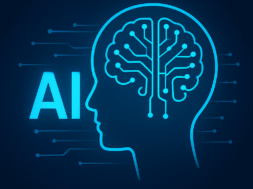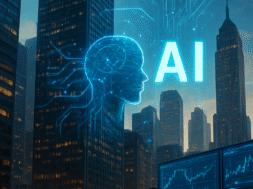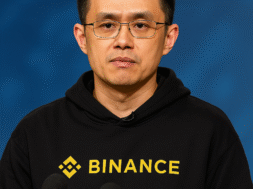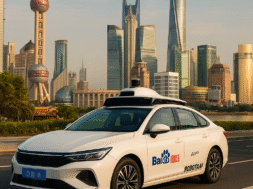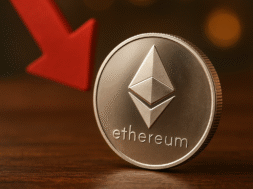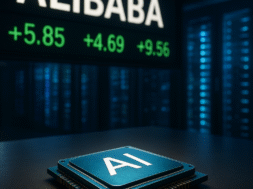
AI Revolution Is Real, Not a Bubble — Venture Capital Leader Explains Why This Boom Is Built to Last
The debate over whether artificial intelligence is heading toward a market bubble has become one of the most discussed topics among global investors.
While some experts, including billionaire investor Ray Dalio, have raised concerns about market overvaluation, others see today’s AI surge as fundamentally different from previous tech frenzies. One such optimist is Magnus Grimeland, founder of Singapore-based venture capital firm Antler, who believes the current AI wave is built on real, sustainable growth.
“I don’t think we’re in a bubble,” Grimeland said during a recent interview, pointing out that the adoption rate of AI by businesses is happening far faster than any previous technological shift. Unlike the gradual transition from physical servers to cloud computing, which took nearly a decade, AI has become an immediate priority for companies worldwide — from healthcare providers in India to Fortune 500 firms in the U.S.
According to Grimeland, what sets this era apart from the dot-com crash of the early 2000s is the presence of real revenues backing the surge in AI investment. OpenAI, for example, reportedly achieved $10 billion in annual recurring revenue (ARR) by mid-2025, while Antler-backed startup Lovable surpassed $100 million ARR within just eight months of launch — clear indicators of strong commercial traction.
He further noted that the speed of consumer adoption adds another layer of differentiation. “A year ago, all my searches were on Google. Now, only around 20% are,” he said, highlighting how tools like ChatGPT have reshaped user behavior.
Grimeland also acknowledged that while some AI firms are overvalued, this is typical in the early stages of an innovation cycle. Still, he emphasized that the long-term potential of AI far outweighs the short-term speculation.
He believes smaller startups, not just tech giants like Google, Tencent, or Baidu, have the chance to dominate this new frontier. Startups such as DeepSeek, a Chinese firm creating advanced AI models rivaling OpenAI’s technology, illustrate how innovation is no longer confined to the biggest players.
“The true winners of this AI transformation may not be the traditional tech incumbents,” Grimeland said. “There’s a massive opportunity for smaller AI companies with strong teams, customer growth, and efficient delivery models to become tomorrow’s leaders.”
